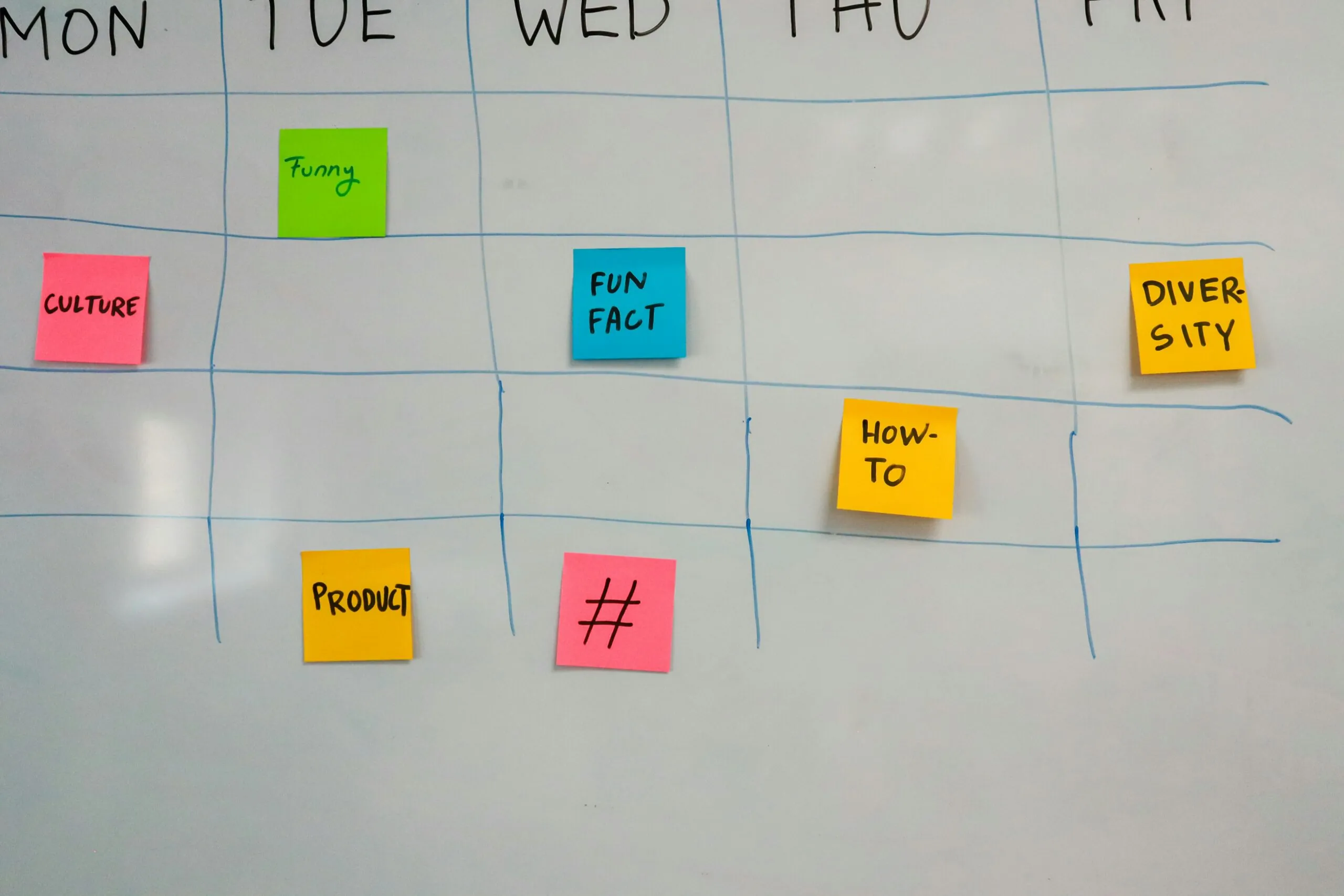
Defining KPIs Before the Event Starts
June 19, 2025
Understanding Local Regulations and Venue Options in Singapore: A Guide for Corporate Event Organisers
July 17, 2025Key Steps to Ensure a Successful Corporate Event
Research Guide · 3 July 2025

Corporate events are a powerful way for companies to connect with clients, celebrate milestones, and strengthen internal culture. However, planning and executing these events successfully requires more than just picking a date and booking a venue. A thoughtful, strategic approach is key to making sure your corporate events deliver real value and leave a lasting impression. Here are the essential steps to guide your next corporate event from concept to completion.
Setting Clear Objectives from the Start

Every successful corporate event begins with a clear purpose. Before planning any logistics, define the core objectives of your event. Are you aiming to boost brand awareness, launch a new product, strengthen team cohesion, or generate leads? Having clear, measurable goals helps you design an event that aligns with your business strategy and maximises ROI.
Start by involving key stakeholders in setting these objectives. Use the SMART framework — goals should be Specific, Measurable, Achievable, Relevant, and Time-bound. For instance, instead of a vague goal like “increase attendance”, set a target such as “achieve a 20% increase in attendee numbers compared to last year’s event.”
Clear objectives also help you prioritise resources and decision-making throughout the planning process. When challenges arise, refer back to your goals to ensure every choice supports the event’s purpose. This focus creates cohesion among your team and clarity in communication, boosting the chances of your corporate event’s success.
Building a Cohesive Planning Timeline

Once your objectives are set, developing a detailed planning timeline is crucial. Corporate events typically involve many components: venue booking, vendor coordination, marketing, speaker management, and more. Without a clear timeline, it’s easy to miss critical deadlines, leading to last-minute stress and unexpected costs.
Begin by working backward from your event date. Identify major milestones such as confirming the venue, sending invitations, finalising the programme, and arranging technical support. Break these milestones into smaller tasks and assign realistic deadlines for each.
Use project management tools or event software to keep track of progress and delegate responsibilities. Regular check-ins ensure the team stays aligned, and potential issues can be addressed early. A well-structured timeline also helps maintain momentum and keeps your corporate event planning on track.
Communicating Effectively with Stakeholders

Clear, consistent communication is vital throughout the lifecycle of corporate events. Stakeholders include internal teams, sponsors, vendors, attendees, and sometimes media or partners. Keeping everyone informed ensures expectations are aligned and helps prevent misunderstandings.
Establish open communication channels early. Regular updates via email, meetings, or collaboration platforms keep stakeholders in the loop on progress and changes. Share the event objectives, timelines, and any challenges transparently.
For attendees, effective communication means timely sharing of event details like agendas, venue information, and any updates. Use multiple channels such as email newsletters, social media, and event apps to reach your audience.
Engaging your stakeholders also means actively listening to their feedback. Whether it’s sponsors requiring specific branding opportunities or attendees with accessibility needs, addressing concerns promptly enhances satisfaction and trust.
Evaluating Success: What to Look for Post-Event

The event doesn’t end when the last guest leaves. Post-event evaluation is a critical phase that provides insights to improve future corporate events. It’s an opportunity to celebrate successes and identify areas for growth.
Start by measuring your event’s success against the objectives you set initially. Did you meet your attendance targets? How was attendee engagement? Did the event generate the expected leads or revenue?
Collect quantitative data through surveys, registration stats, and social media analytics. Qualitative feedback from attendees, speakers, and sponsors gives you a deeper understanding of what worked well and what didn’t.
Look at key areas such as:
- Attendee Satisfaction: Analyse survey ratings on content quality, networking opportunities, and overall experience.
- Event Logistics: Identify any operational issues like registration delays or technical glitches.
- ROI: Calculate the return on investment by comparing costs against revenue and intangible benefits like brand exposure.
- Networking Success: Review the number and quality of connections made.
Use this data to prepare a detailed post-event report and share it with your team and stakeholders. Conduct a debrief meeting to discuss lessons learnt and incorporate these into your next event’s planning cycle.
Planning successful corporate events is a complex but rewarding process. By setting clear objectives, creating a detailed timeline, communicating effectively, preparing for contingencies, and rigorously evaluating outcomes, your corporate events will deliver meaningful results and memorable experiences. A strategic, user-focused approach ensures your events not only meet expectations but also strengthen your organisation’s reputation and relationships.
Start implementing these key steps today and watch your corporate events thrive, creating lasting value for your business and attendees alike.
Let’s Collaborate.
Get in touch with us for your next event!
We hope you enjoyed this article “Here’s Why Not Hiring an Event Company Could Be a Costly Mistake”. Head on to Our Works to see the events we have managed!
If you are looking to manage an event, then look no further than us.
